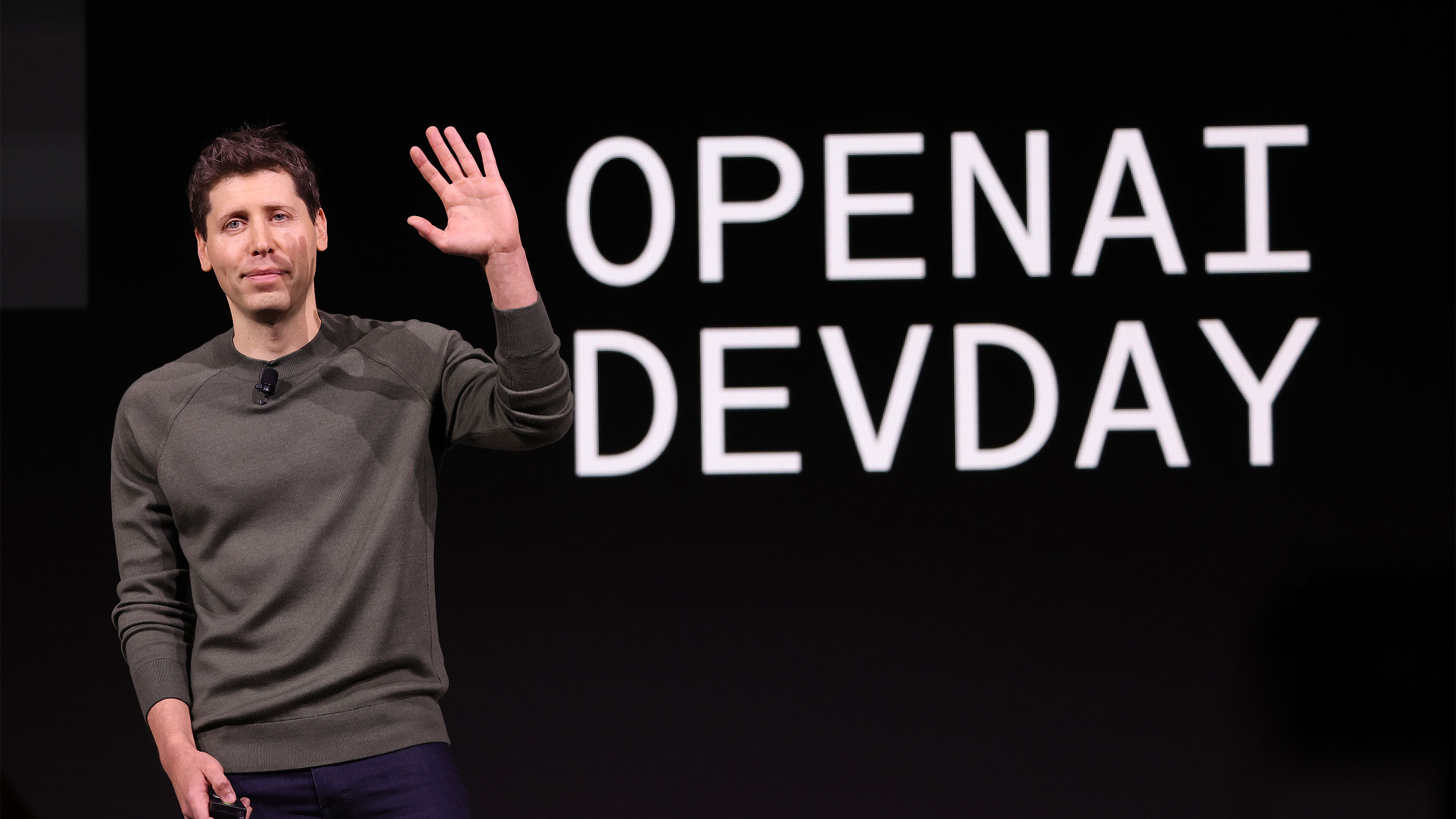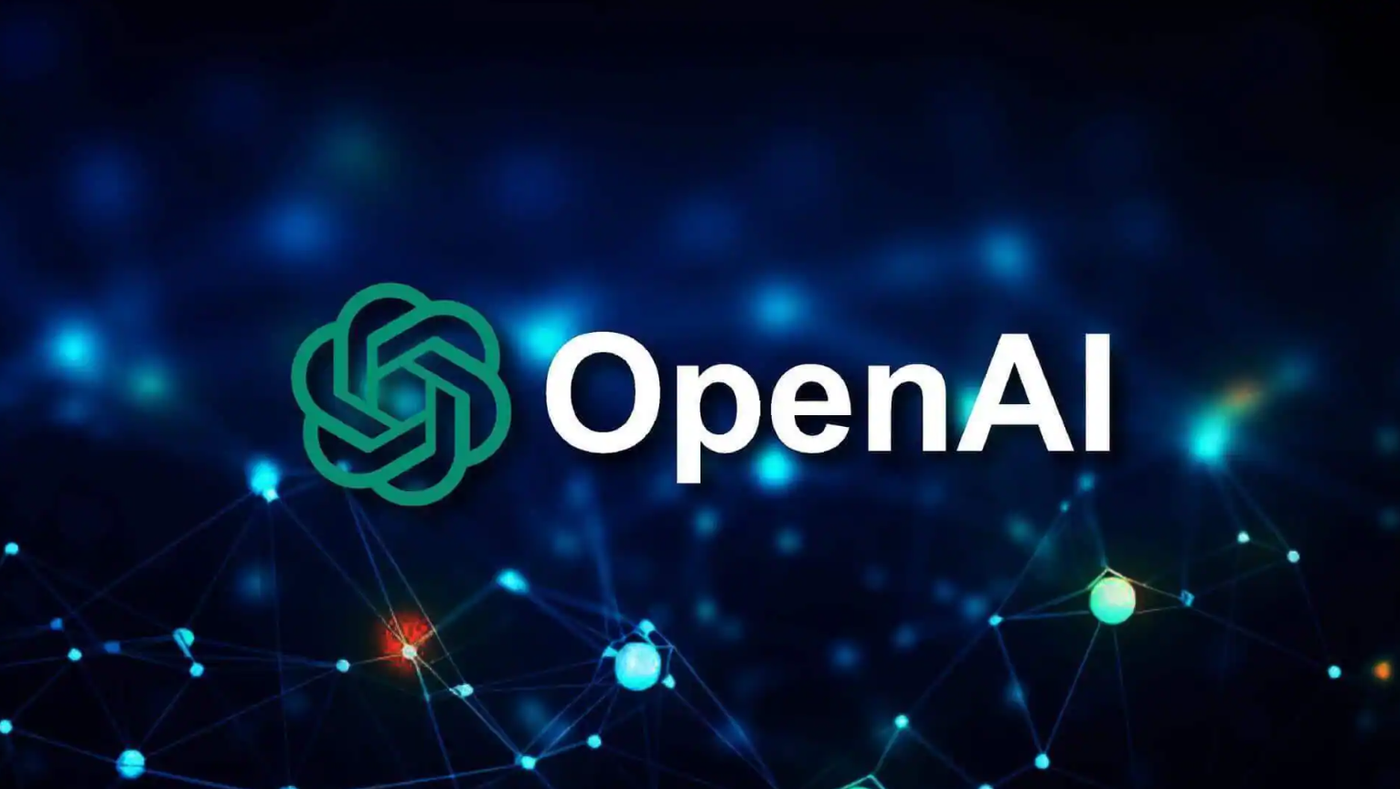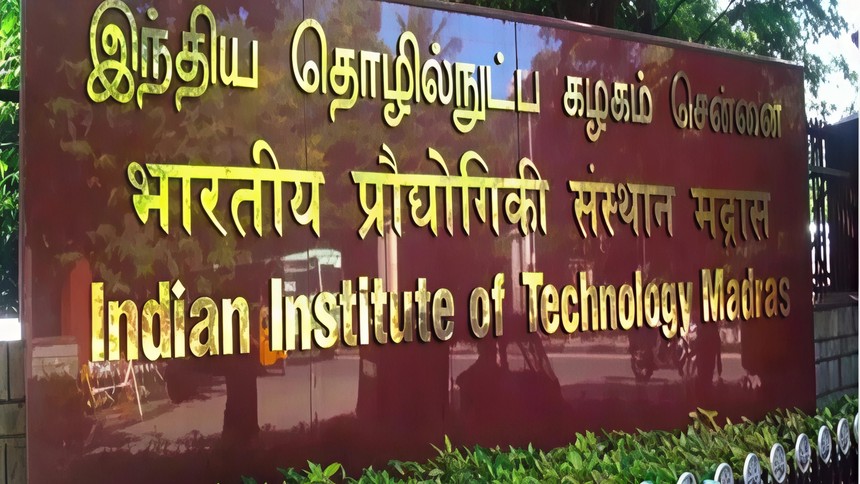OpenAI has put the brakes on one of its most anticipated projects. The company’s first open-source reasoning-based AI model, originally expected to launch in June 2025, is now delayed indefinitely. The announcement came directly from CEO Sam Altman in a post on X, where he explained that the team needs more time to conduct safety tests and assess high-risk areas before making the model publicly available.

This marks the second delay for the project, which has been positioned as OpenAI’s major return to open-source development since 2019. The model is designed specifically for advanced reasoning tasks and was being developed as a strategic counter to the wave of open AI contributions coming from companies like Meta, Google, Anthropic, and Alibaba. Each of these players has recently released powerful models to the open community, including Alibaba’s newly open-sourced Ernie series.
The excitement around OpenAI’s new model stemmed not only from its technical potential but also from its symbolic importance. The company had created an “Open model feedback” form earlier this year to understand how developers intended to use the model. It was expected to rival the performance of OpenAI’s proprietary o-series models and serve as a powerful base for the developer community to build on.
However, the latest announcement has shifted expectations. While the company still plans to release the model weights, it will not disclose the training methods or architectural details. This means developers will be able to download the model, run it locally, and fine-tune it for their own applications, but they will not be able to recreate or extend the core model from scratch.
This decision reflects a growing tension in the AI world between openness and responsibility. As capabilities grow more advanced, so do the potential risks. Models capable of complex reasoning pose unique challenges, especially in areas like misinformation, bias, and misuse. OpenAI appears to be taking a cautious approach, prioritizing safety over speed in its open-source commitments.
At the same time, the delay has left many in the developer community disappointed. For those hoping to gain early access to cutting-edge reasoning AI without relying on proprietary APIs, this model was seen as a game changer. Its indefinite postponement leaves a vacuum that competitors may now move quickly to fill.

Adding to the pressure, OpenAI is also preparing for the upcoming launch of GPT-5, its next-generation proprietary model expected to combine reasoning and multimodal capabilities. In the meantime, rivals continue to gain ground. Benchmark results in recent months have shown that other flagship AI models are outperforming OpenAI’s current offerings in several categories.
Despite the setback, OpenAI’s open-source ambitions are far from over. The company’s intention to release model weights is still a significant step, and when the model does arrive, it may still reshape what is possible in open AI development. But for now, the spotlight shifts to how the company handles the growing expectations of both transparency and safety in a rapidly evolving landscape.
Follow Tech Moves on Instagram and Facebook for more updates on the future of AI, the open-source race, and all the major breakthroughs shaping tomorrow’s technology.














